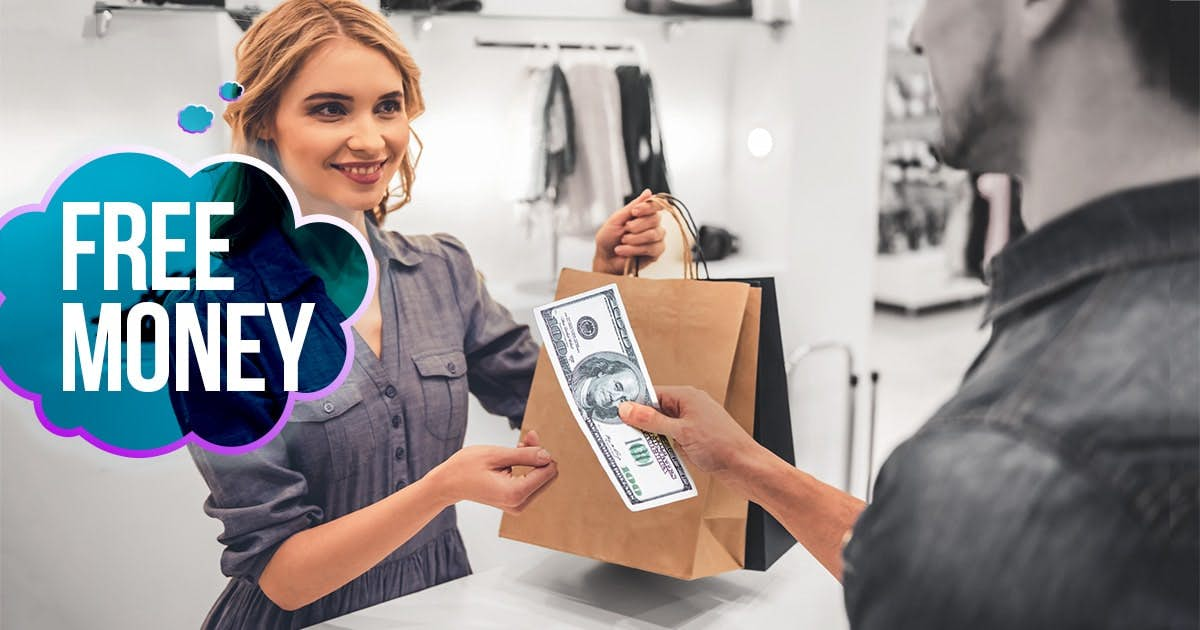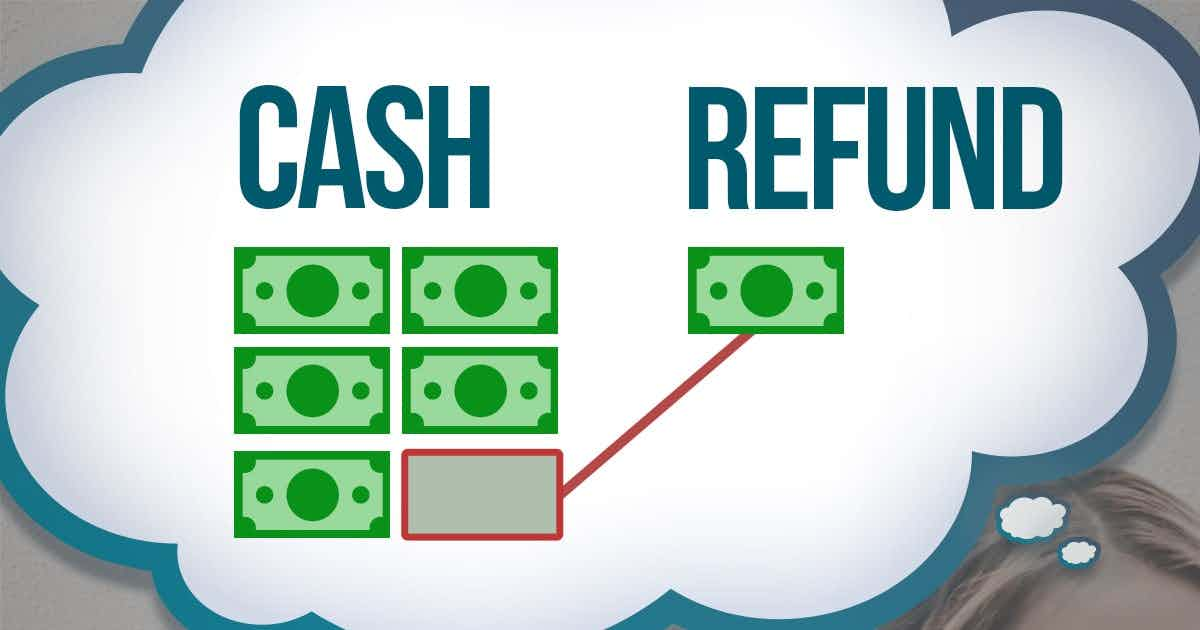Refunds Feel Like Free Money
A new study shows that refunds feel like free money.

Overview
Money feels different when you receive it as a gift or prize. It doesn't feel like "real" money. It feels easier to spend.
This effect happens with refunds too (Lee & Morewedge, 2023).
When you receive money after returning a product, you feel tempted to spend this money because it bypasses the pain of paying.
Why It Works
You can blame mental accounting, popularized by Richard Thaler who won the Nobel prize in Economics.
If you buy a pair of jeans for $50, this purchase feels painful. But if you receive your money back, you categorize these funds differently:

The refund doesn't feel like "real" cash.
Plus, you felt pain when this money left your possession the first time. Any new purchase will be credited with this original pain.
Once the refund merges into your bank account, the effect disappears. With no invisible boundary to separate this refund, spending it feels painful again because this payment will be coming from your "real" money.
How to Apply It
- Cross-Sell During Product Returns. Suggest other products that customers could buy when returning a product. These payments will feel less painful.
- Apply Savings Toward a Purpose. Are you cheaper than competitors? Explain how these savings could be used for additional services. These savings will feel psychologically different than regular cash.
- Control Your Spending. You can stop businesses from applying this effect on you. With this knowledge, you'll know why it feels easier to spend money after returning a product or receiving a tax refund, and you can modify your decisions accordingly.
Other New Stuff
- A Stronger Case for Charm Prices - Researchers analyzed ~70 studies on just-below prices (e.g., $9.99). Across 40,00 people, these prices increased purchases without reducing perceived quality (Troll, Frankenbach, Friese, & Loschelder, 2023).
- We Perform "Good" Behaviors When Watched By Outgroups - Participants were more likely to choose healthy food when watched by people outside of their identity (e.g., different race, different university). They expected more negative judgment, so they felt obligated to choose healthy options (Touré‐Tillery, Steinmetz, & DiCosola, 2022).
- Best Airbnb Images? - Airbnb hosts can choose a background image for their listing. Researchers found that images of living rooms increase the booking rate, while images of bedrooms decrease it. Perhaps bedrooms instill a mental image of other guests using this personal space (He, Li, & Wang, 2023).